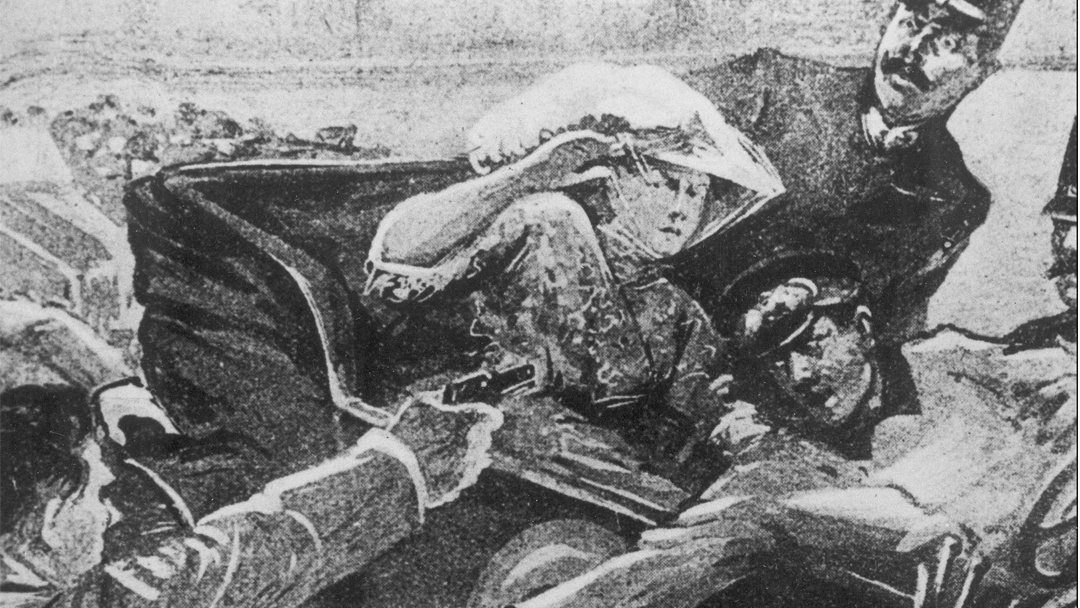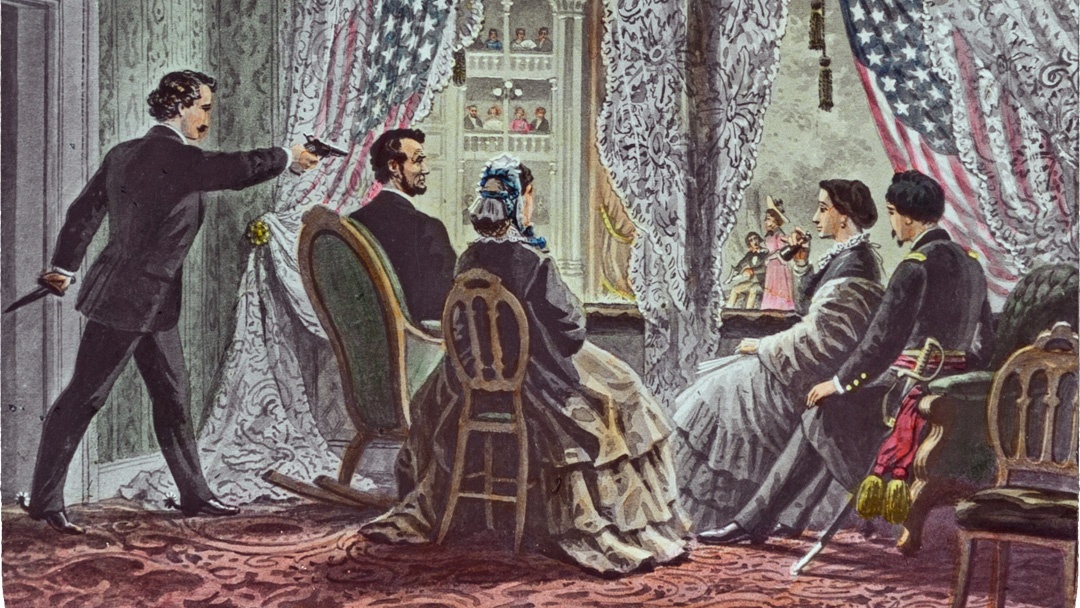Little is known of this Bavarian-born man’s childhood, though he was greatly influenced in college by Alfred Rosenberg, ideologist of Nazism and race superiority.
Mengele made his name at Auschwitz as a Nazi medical expert where he served on selection committees deciding which prisoners were fit to work and which were sent to the gas chambers.
Some accounts say that most of his colleagues were disturbed by the job, but Mengele cheerfully whistled songs as he inspected new victims. Survivors recount that he was charming, always smiling, and polite when speaking with prisoners.
Mengele froze prisoners in an effort to figure out how to keep German soldiers from freezing on the battlegrounds.
He loved experimenting with eye color and injected dye into eyes, causing many children to go blind, and collected samples of eyeballs.
His experiments and surgeries, most often on children and pregnant women, never included any euthanasia.
His infamous work, however, involved his fascination for twins. Mengele was specifically obsessed with a pair of Romani twins, whom he literally sewed together. They died several days later after immense suffering.
His numerous genetic experiments pursued the goal of refining and creating a “master Aryan race.”
After the Holocaust, he slipped away and escaped to Argentina. Brazil may have offered Dr. Mengele asylum in exchange for his medical knowledge in the same way that America took in Nazi war criminals.
There are theories that he continued experimentation on women in Argentina that may have mysteriously resulted in huge numbers of twins being born.
Mengele lived until 1979 when he suffered a stroke and drowned in a swimming pool in Brazil. Letters from the São Paulo, Brazil police archive reveal that he mostly lived in poverty in his last years.
Mengele asserted that he had no regrets or guilt from taking “unworthy lives,” but after his death his son, Rolf Mengele, apologized for his father’s crimes. Upon visiting him late in his life, Rolf said he was, “full of fear, depressed, and thinking often of suicide.”
Many wish the monster had acted on those suicidal thoughts, years ago.












